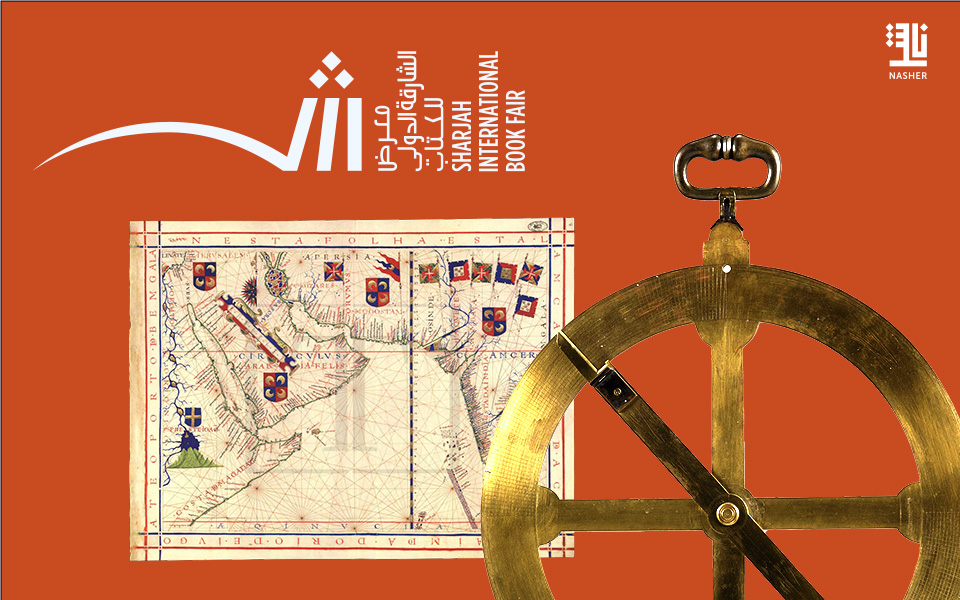The University of Coimbra in Portugal is set to exhibit a collection of 60 rare historical artifacts at the 42nd edition of the Sharjah International Book Fair, scheduled to be held at the Sharjah Expo Centre from November 1 to November 12. This extraordinary collection comprises manuscripts, rare books, engravings, maps, nautical instruments, artworks, and everyday items. Notable items in the collection include a 17th-century astrolabe used for more accurate star measurements during navigation and a 1571 map of the Gulf and the Western Indian Ocean.
In addition to the remarkable artefacts, visitors can anticipate three enlightening academic lectures, presented by The Center for the History of Society and Culture at the University of Coimbra. These lectures feature distinguished historians and experts who will delve into the history of Portuguese interactions with the Gulf.
The first lecture, taking place on Friday, November 3, at 5:30 p.m., will be delivered by Jorge Flores, a Senior Researcher at the Interuniversity Centre for the History of Sciences and Technology (CIUHCT) – University of Lisbon. He will explore “Navigating the Gulf in the Sixteenth Century” and display photographs from the Gulf region, shedding light on the role of trade in shaping Europe’s perception of the region.
The second lecture, titled “Visualizing the Gulf in the Early Modern Age: Pearls in the Portuguese Imagination and Culture,” is scheduled for Saturday, November 4, at 11:00 am. Angela Barreto Xavier, a Researcher at the Institute of Social Sciences of the University of Lisbon (ICS-U Lisbon), will discuss the cultural and historical connections between Portugal and the Gulf throughout history. She will examine the impact of these relations on Portuguese imagination, stories, and novels about the Gulf, underscoring the significance of academic research in understanding cultural relations and their reciprocal impact on global civilizations and countries.
Walter Rossa, a Professor at the University of Coimbra, will present the final lecture in the series titled “The Gulf within the First Globalization of Architectural Forms: Portuguese Fortifications Network,” on Sunday, November 5, at 11:00 am. This lecture will explore the influence of Portuguese presence in the Gulf on architectural development, which involved a fusion of international architectural experiences with local cultural elements. It emphasizes that the architectural progress in the Gulf’s history provides insights into the region’s future vision and its commitment to global progress while preserving its unique identity. This highlights the importance of studying these aspects.







